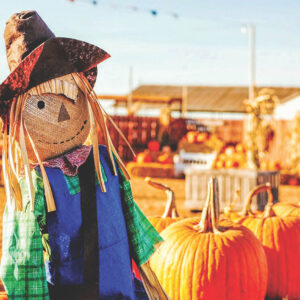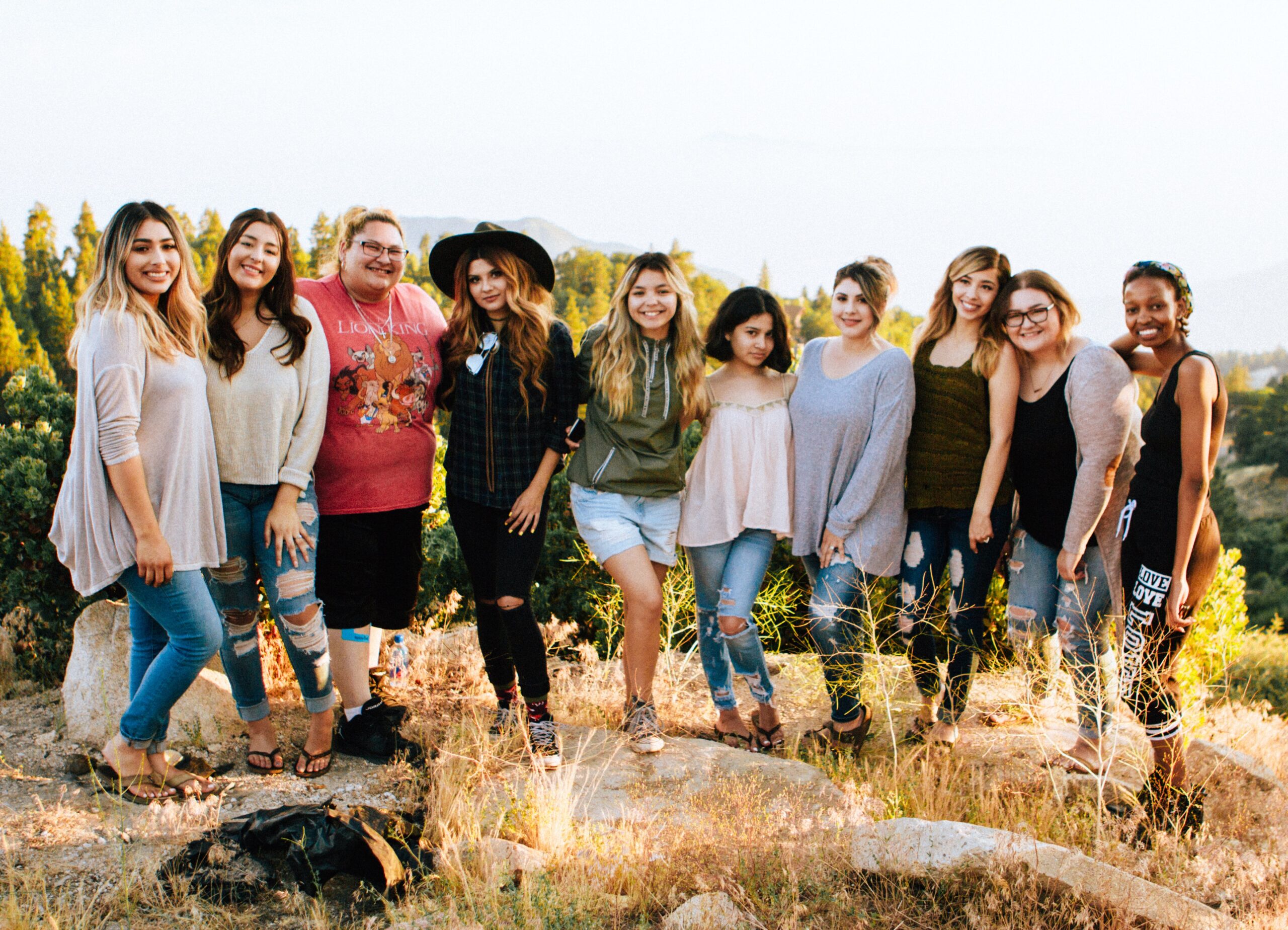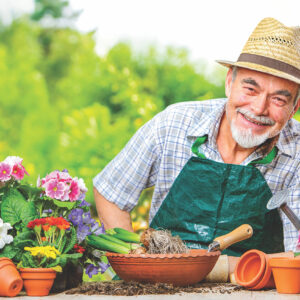SIX NATIONS – It is possible to have healthy food and a healthy lifestyle without knowing where that food came from and without caring for the land it is grown on? Six Nations resident Kanenhariyo Seth LeFort thinks not. In fact he sees a big problem with the way people produce and acquire their food, so he’s setting out to do something about it. Next Saturday, September 20th, Kanenhariyo will host the first of a series of workshops under the umbrella of an initiative called Atonhetseheriyo, organized by the Experiential Learning Centre and the Two Row Times.
The first workshop will be an introduction to the philosophy of Indigenous Permaculture, a method of sustainable agriculture. “[The] focus here is on Indigenous knowledge and applying the ideas of Permaculture, which are, to my understanding, the same as Iroquoian and Onkwehon:we perspective about our relationship with the land,” said Kanenhariyo who is a certified Permaculture designer and consultant.
Although teaching others how to produce their own food is a major component of the workshops, just as important is the renewed relationship to the land. As Kanenhariyo explains, “This is an effort to be connected again, and interacting with our environment.” The Two Row Times took a tour of the gardens at Kanenhariyo’s place, noting the rare plants growing there, many of which are plants that the Haudenosaunee cultivated before contact with Europeans. For Kanenhariyo, the connecting with the land is a critical component to understanding human being’s interconnectedness to the environment. “We have the same obligation today as we did 400 years ago to make sure that there’s this natural development in the world that everything can survive and have abundance, including us,” explained Kanenhariyo.
Kanenhariyo’s attributes his interest in gardening and passion for stewardship of the land to his experiences in his Grandmother’s garden. He told us that from an early age – despite his protests – she would force him to work in the garden. She would ask, “How are you going to feed yourself if you don’t know how to garden?” Kanenhariyo is grateful for her insistence. For him this is knowledge that needs to be not only preserved but also shared widely. “There’s some knowledge that some people need access to… For some reason, indigenous peoples’ knowledge and ways of doing things, seems to be trapped some 150 year ago place, but it should remain there,” said Kanenhariyo.
The workshops will be hands-on and participatory. Kanenhariyo does not purport to be an expert or a role model, he instead seems himself as a facilitator, “I think people need to know. And I think that people have things to offer.”
Kanenhariyo hopes the Experiential Learning Centre will eventually become registered as a Permaculture research institute. He also hopes this is the beginning of a trend where people go back to doing things on their own. “There was a time when people were independent, they built their own house, they made their own food… I think that’s what people need to do. The more they do that, the less dependent they are on the state,” said Kanenhariyo.
Those interested in finding out more about the workshops or wishing to register can email workshops@tworowtimes.com, visit www.experientiallearningcentre.com or http://trti.me/workshops or call 519-900-5535.










